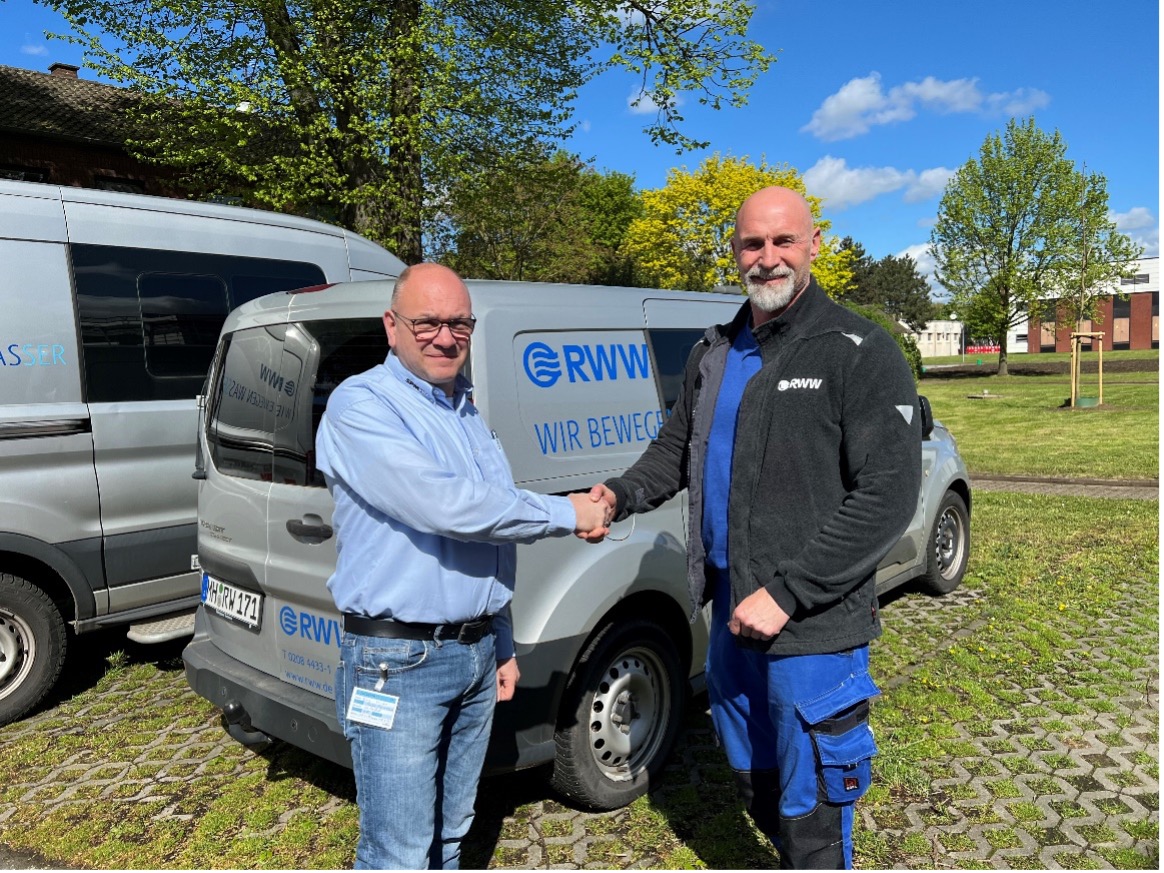
Continued partnership and success with RWW in Germany
German water utilities company RWW, Rheinisch-Westfälische Wasserwerksgesellschaft mbH, started its collaboration with SPM as a digitalization project with an investment in handheld measuring equipment a few years ago. Since then, RWW has continued to invest in its condition monitoring program, continually purchasing online systems and extending its portfolio of measuring techniques. The handheld equipment is now used for acceptance tests and root cause analysis on applications that are not yet equipped with online monitoring.
Using SPM technology for condition monitoring on pumps, gearboxes, motors, turbines, and other critical machinery has helped RWW extend asset lifetime while also decreasing the maintenance needed. There is now staff dedicated to handling the analysis of measuring results along with decisions and suggestions on how to run the equipment most efficiently.
Many applications and measuring points are low-speed equipment that requires HD technologies, mainly shock pulse monitoring, to detect many mechanical and lubrication issues.
More recently, RWW has discovered the massive benefits of process optimization to its condition monitoring program, such as looking at flow versus vibration, a relationship crucial to finding the best efficiency point in the pumps, which is an ongoing task.
Mr. Dirk Seifert, condition monitoring specialist at RWW, said: “Our joint venture and relationship with SPM has indeed helped RWW in many ways. Our close relationship is significant, of course, but we have also discovered several issues and mechanical faults with long prewarning times. This saves us time on repairs and replacements, which naturally leads to financial savings.”
Headquartered in the Ruhr, Germany’s largest urban area, RWW supplies around 900,000 people as well as industry and commerce in western Ruhr and neighboring Münsterland, with around 70 million cubic meters of drinking and industrial water every year. About 450 people work at RWW.
